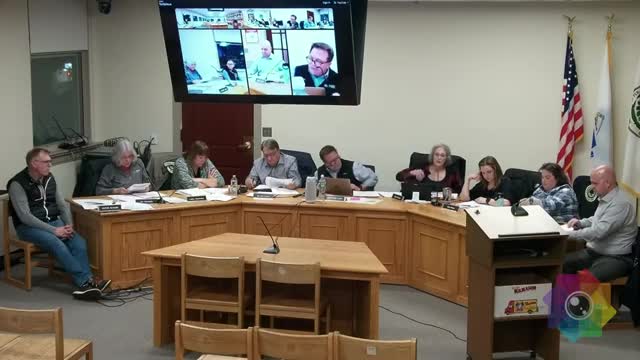Finance committee split on proposal to exempt qualifying seniors from school project tax increases
Get AI-powered insights, summaries, and transcripts
Subscribe
Summary
A proposed special act that would let qualifying low-income seniors avoid property tax increases tied to future school building projects divided the Millis Finance Committee; the committee vote was split and the article will proceed to Town Meeting with both majority and minority positions available.
The Millis Finance Committee debated Article 12 on April 16, a petition to the state legislature that would authorize a local property tax exemption for qualifying long-term, low-income senior homeowners to offset costs of future school building projects.
Select Board and finance staff framed the article as a narrowly targeted tool to help long-term, low-income seniors remain in town if a school debt exclusion were approved. The article would require applicants to meet multiple conditions modeled on the state's Circuit Breaker program (income and other eligibility tests) and additional local requirements such as residency for 10 years. Town staff said roughly 258 residents were Circuit Breaker-eligible in the most recently available certification year; staff estimated in conversation with assessors that perhaps about 100 people might realistically qualify and apply under the proposed local program, though the exact number is not fixed.
Supporters said the article protects low-income seniors who have lived in town for many years; opponents warned that carving out a tax exemption tied to a specific capital project creates precedent and shifts costs to other taxpayers. Committee discussion included projected fiscal impacts: staff provided an illustrative example that 100 qualifying households receiving an average $1,000 benefit would cost about $100,000 in a given year, which would be distributed across other taxpayers.
The committee recorded a divided recommendation: after roll-call votes the Finance Committee returned more "no" votes than "yes" votes (the transcript shows a 5-4 split against recommending the article). The article will proceed to Town Meeting with both the committee's recommendation and a minority statement available to voters; Town Meeting will vote whether to adopt the enabling petition to the state legislature.
